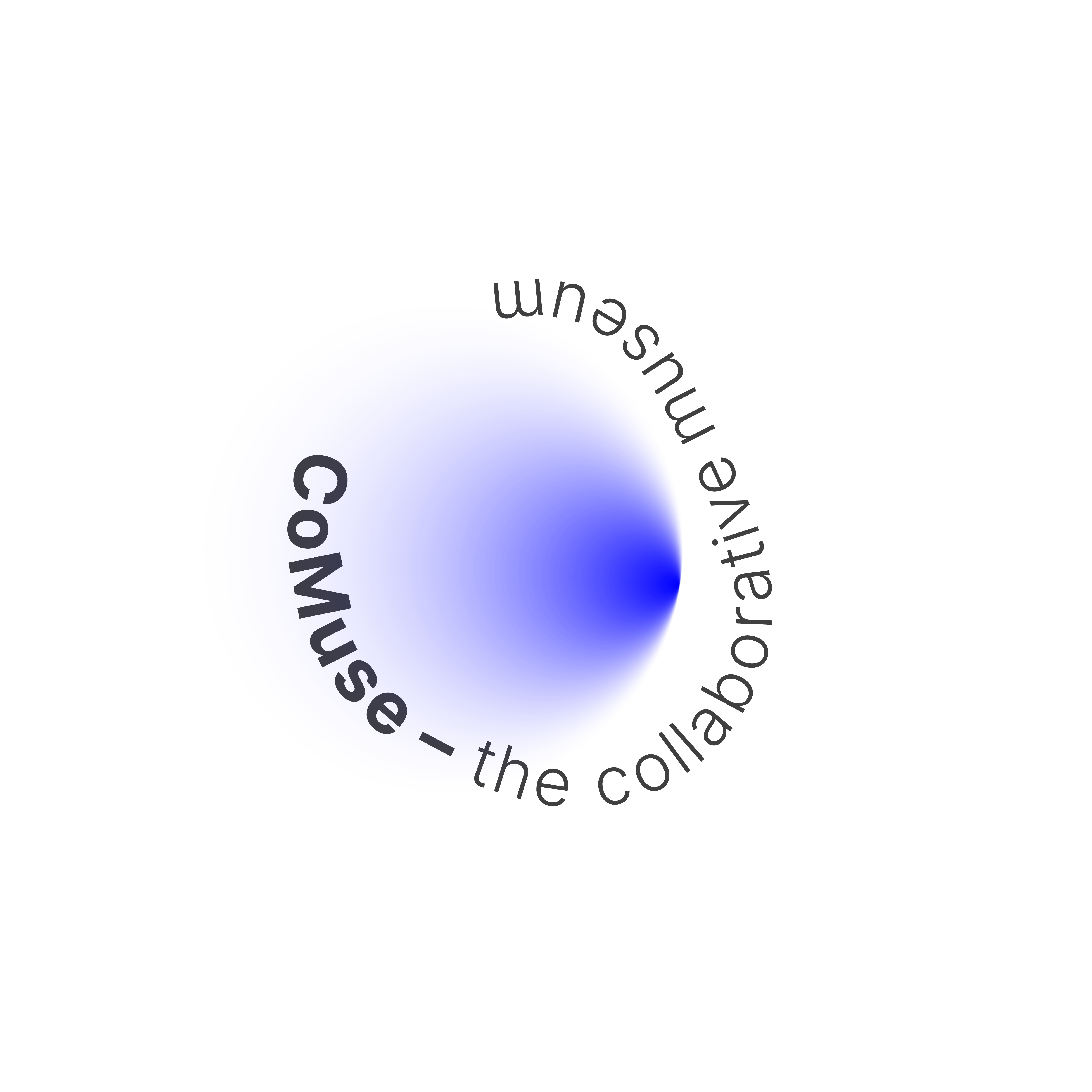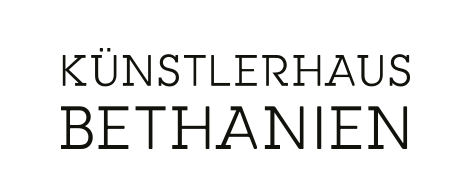Living Echoes
{{ time.start_TS | TS2dateFormat('MMM') }}
{{ time.start_TS | TS2dateFormat('YYYY') }}
| free admission |
| no ticket required |
| 12 years and older |
| English |
| Mechanical Arena in the Foyer |
| Part of: Guestroom |
When Vietnam was a politically divided country, two different styles of music developed there. Nhi Duong, a research fellow at the Ethnological Museum, is interested in how Vietnamese music reflects this divided history of the country. Her research focuses on the involvement of Vietnamese communities in Berlin. She aims to transform the audio recordings from the Berlin Phonogramm archive into a living, dynamic archive that is supported by the community. It explores how diasporic communities reconnect with their musical heritage.
As part of the Guest Room, Nhi Duong invites you to a listening session where the archive recordings can be heard in public for the first time. She will be working together with Lưu Bích Ngọc and other Vietnamese people living in Berlin.
Participants
Duong Doan Tuyet Nhi is a cultural worker and organizer based in Ho Chi Minh City, Vietnam. Her work centers on the intersections of anthropology, Indigenous knowledge, public engagement, and art.
With the project Reimagining Intangible Heritage in Museums: A Participatory Approach to Cultural Cosmology, Nhi seeks to explore ways of bringing intangible heritage—particularly folk songs—out of museum archives and into dialogue with the contemporary Vietnamese diaspora community in Berlin. Her research poses the following questions: How do different generations of Vietnamese-German individuals relate to and interpret their heritage? What role can digital technologies play in making sound archives more accessible and collaborative? How can community voices be integrated into institutional sound collections? Through participatory methods that combine digital platforms with physical workshops, the project aims to forge connections between historical sound archives and the voices of present-day communities.
Lưu Bích Ngọc (she/her) is a Berlin-based cultural worker. Her focus is on the accessibility and empowerment in the arts, culture, and academia, especially with transdisciplinary-intersectional approaches.
She co-coordinated ‘translated beings’ (2024), a funded project for young Viet Queers of first-generation in Berlin.
Her zine ‘nhớ nhớ quên quên’ (2025) studies the practices of mourning and rememberance between marginalized communities in Central Vietnam and Berlin.
Most recently, she curated two film festivals titled ‘Dear Vietnam’ (2024) and ‘Vietnam 50!’ (2025).
Partner
Nhi Duong is a CoMuse Fellow at the Ethnologisches Museum and the Museum für Asiatische Kunst in June, July and August 2025.
CoMuse – The Collaborative Museum is an initiative by the Ethnologisches Museum and the Museum für Asiatische Kunst that aims to develop multi-perspective approaches to collection-based research and to test new formats of international collaborative processes in order to intensify the decolonization and diversification of museum practices in sustainable ways.
The CoMuse Fellowship programme is supported by Künstlerhaus Bethanien, which provides a studio for artistic and scientific research.


